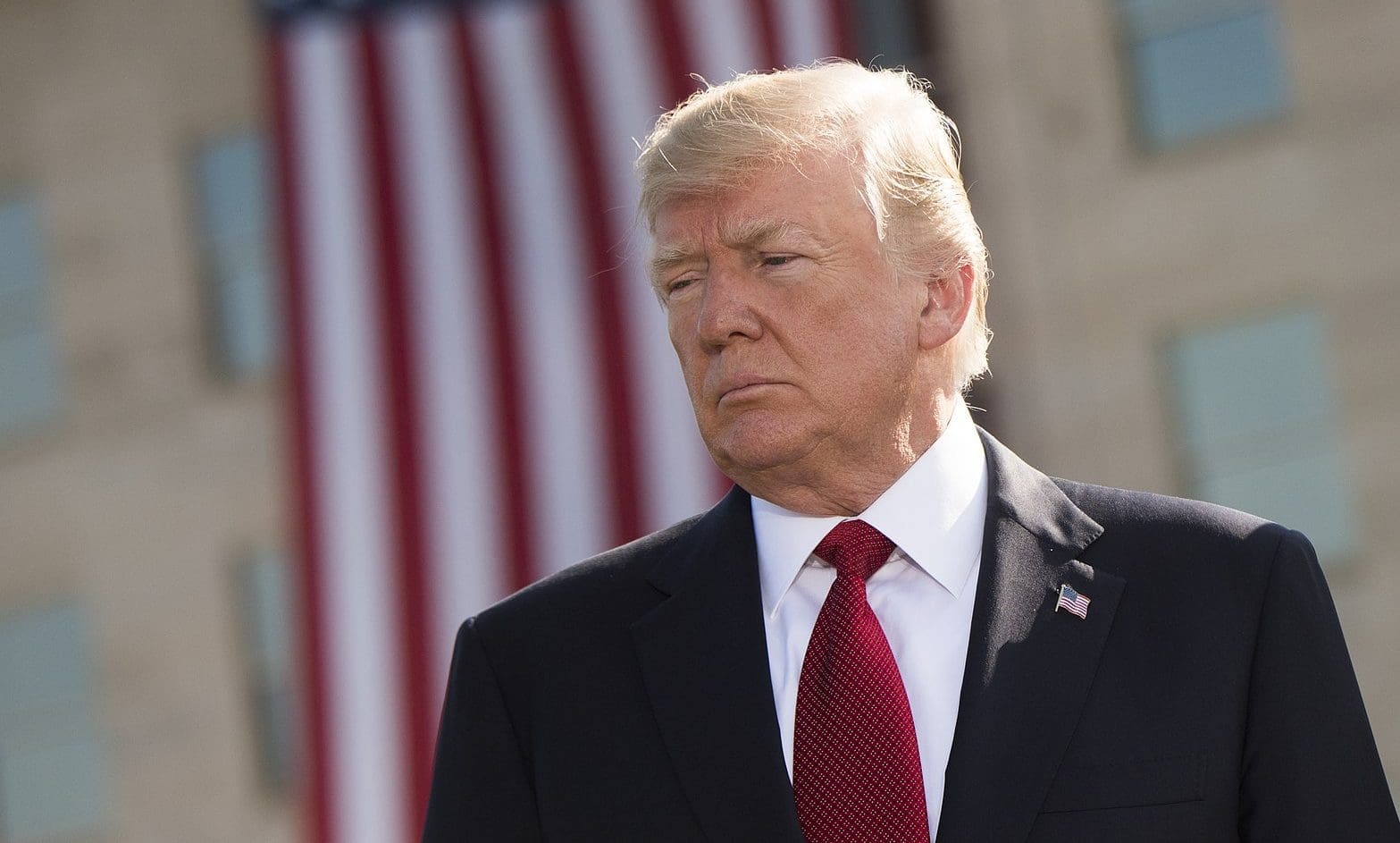
President Donald Trump again said that his administration is allowing states to set their own marijuana policies.
At a press briefing on Friday, the president was asked by DC Examiner reporter Steven Nelson whether cannabis would be federally legalized while he was in office.
Nelson referenced studies showing that states with legal marijuana systems experience fewer opioid overdoses.
“We’re going to see what’s going on. It’s a very big subject and right now we are allowing states to make that decision,” Trump said. “A lot of states are making that decision, but we’re allowing states to make that decision.”
The comments come one day after the surgeon general issued a warning against the use of cannabis by adolescents and pregnant women—an advisory that neglected to mention that federal data shows that youth marijuana use has declined since states began enacting legalization laws.
Though this isn’t the first time that Trump has expressed support for a states’ rights approach to marijuana policy, it’s one of the very few times the president has been asked directly to weigh in on the issue.
During his presidential campaign, Trump said that he supports medical cannabis legalization and that broader legalization “should be a state issue, state-by-state.”
In June 2018, the president was asked—again by Nelson—about bipartisan legislation sponsored by Sen. Cory Gardner (R-CO) that would protect states with legal cannabis systems from federal intervention. Trump said that he “really” supports the bill.
“I know exactly what he’s doing,” he said. “We’re looking at it.”
Trump’s attorney general, William Barr, has similarly expressed support for pursuing a legislative fix for conflicting state and federal marijuana laws, testifying at a Senate hearing in April that he would prefer for Congress to pass something like Gardner’s bill instead of maintaining the status quo.
The House passed an amendment to spending legislation in June that would protect all states with legal cannabis programs from federal intervention. But in the Senate, the fate of that measure—or other marijuana legislation such as Gardner’s bill—remains murky.
“The reiteration of a non-enforcement policy from the president is a clear sign that states should continue to defy the federal government when it comes to marijuana prohibition,” Justin Strekal, political director for NORML, told Marijuana Moment. “Congress should swiftly move pending legislation when it returns from the August recess to remove cannabis from the Controlled Substances Act and provide the legal relief needed to those individuals and businesses who are struggling under our nations cruel policy of criminalization.”

No comments:
Post a Comment